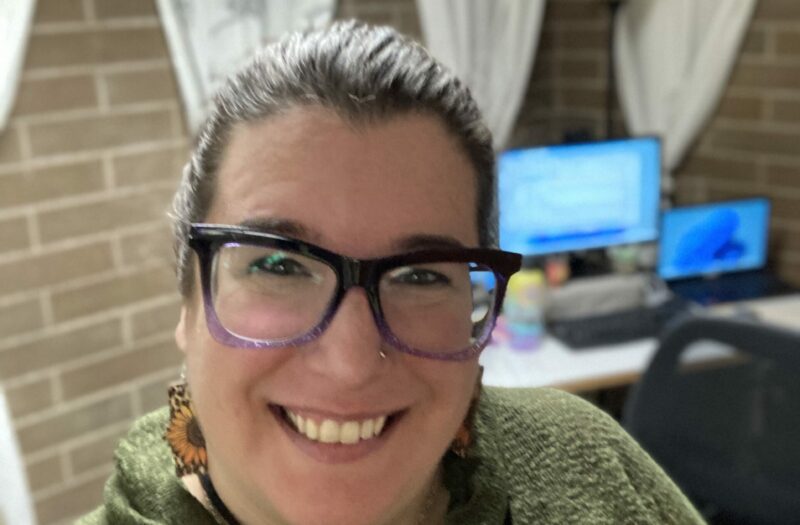After 10 years on disability, working only limited hours or not at all, I finally reached a point where, thanks to a mix of medications, self-care strategies, and a bit of luck, I felt ready to test the waters of full-time work again. While I knew it was going to be a big transition, I had no idea the extent of the change.
Here are a few things I wish I’d known prior to going back to work.
Prepare Yourself for the Transitions
Returning to full-time work after being on disability has been one of the biggest transitions I’ve ever faced. While I was at home, I had the freedom to rest whenever my body needed it, lie down when I was tired, take Epsom salt baths in the middle of the day to manage pain, and do a whole range of self-care activities as needed. Now, I don’t have that same freedom, and I’m still adjusting to what it means to be back at work full-time.
Mentally, it’s been a tough transition too. I was used to pacing myself throughout the day, tackling mentally challenging tasks only when I had the spoons to do so. Now, I’m constantly dealing with emails, people dropping by my office, and learning new things all the time. By the end of the day, my brain feels completely drained.
This transition isn’t just physical and mental; it’s also been emotional. For the first two and a half weeks, I cried every evening after getting home. I don’t think anything could have fully prepared me for this transition but just knowing it is going to be a big adjustment is important. If you’re planning to go back to work, just be aware that there will be a period where your body, mind, and emotions are all taking time to adjust.
You’re Likely Going to Be Exhausted: Give Yourself Grace
I come home after a full day at work, and my body and brain feel like mush. My pain levels are elevated, and I can barely think straight.
This is when practicing grace and patience with yourself becomes crucial. I’ve learned to tell myself that it’s okay if the dishes don’t make it into the dishwasher, or if my laundry waits until I’m down to my last pair of socks. Instead of cooking as frequently as I was before, I’m relying heavily on prepared foods, frozen meals, and take-out. I’m giving myself permission to rest when I’m not working.
If you have the resources, you might also want to consider options things like a meal service or getting occasional help with housekeeping. Do whatever you can to make this transition easier on yourself.
Think About How You’ll Manage Your Medical Appointments
One thing I took for granted while not working full-time was the flexibility in my schedule. I could book medical appointments whenever they were available, whether at 9 am or at 2:30 pm, without having to think about my work schedule. Now, finding a lunch hour and evening appointment is tough, and I’m realizing that I may have to take time off work unless I schedule way in advanced. Especially when starting a new job, this may mean taking an unpaid vacation day.
Also, think about how your medication affects you. I have a monthly injection that leaves me feeling a bit wiped out for a day or two afterward. Now that I’m working full-time, I need to plan these around my schedule — like doing them on a Friday evening or when I have lighter days ahead. This wasn’t something I thought much about before returning to work.
Asking for Accommodations is Scary…But Also Important
Asking for workplace accommodations was one of the scariest parts of my transition back to work. I worried about what my supervisor would say and whether my employer would be supportive. I felt guilty about asking for accommodations so soon after starting a new job, but I’ve come to realize this guilt was rooted in internalized ableism. The workplace isn’t naturally designed for people with disabilities, so it’s okay to advocate for what we need.
Fortunately, my employer has been wonderful, but I know that’s not the case for everyone. Remember, the self-advocacy skills you’ve learned while advocating for yourself in the medical system can also help you navigate your needs in the workplace.
Overall, I’m happy I made the leap to go back to work full-time. Only time will tell if my body can handle this transition, but it feels good to try, and I’m enjoying my new role. By asking for accommodations, planning carefully, and giving myself grace, I feel like I’ve set myself up for the best chance of
Be a More Proactive Patient with PatientSpot
Join CreakyJoints’ patient-centered research registry to track your symptoms, disease activity, and medications — and share with your doctor. Sign up.






